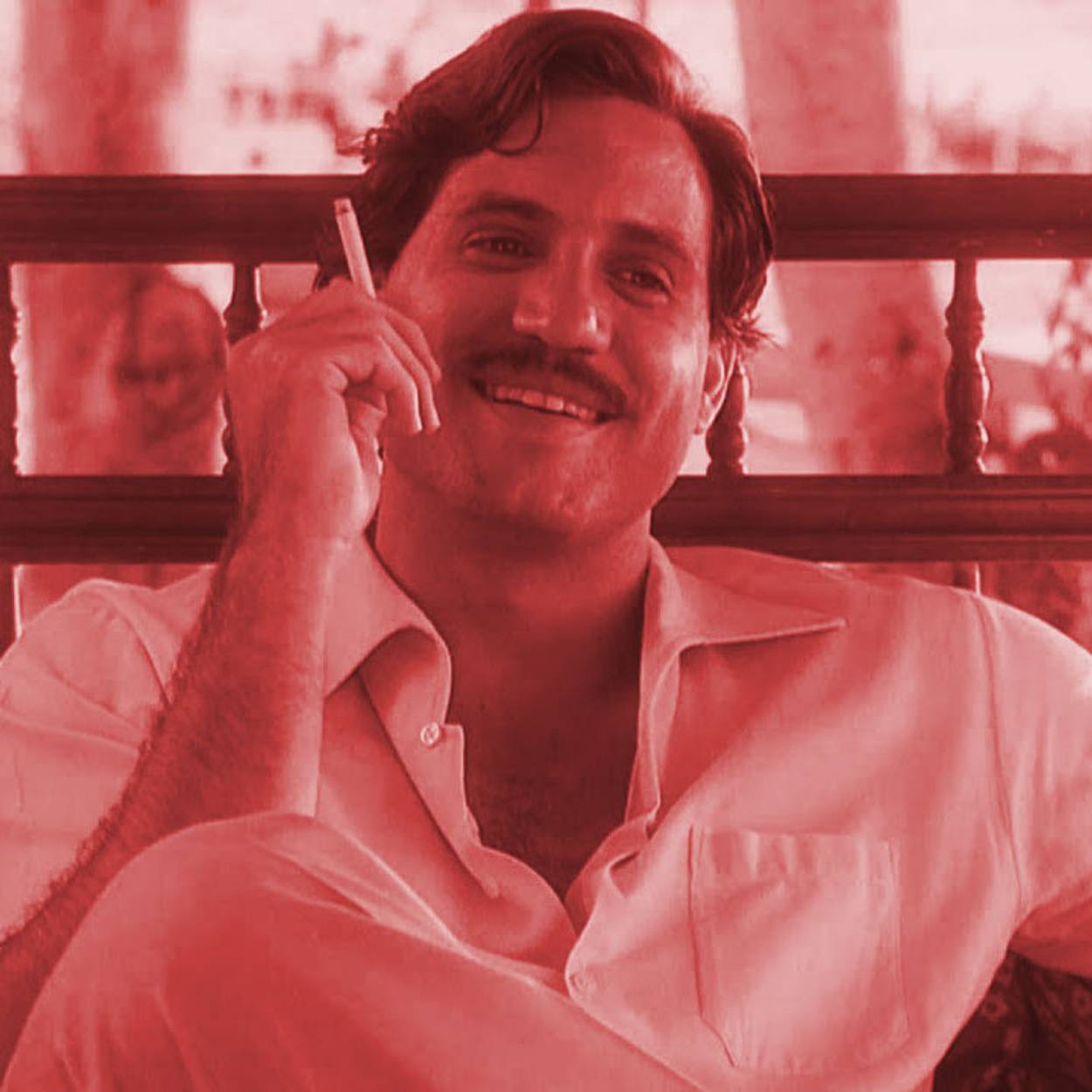The Terrorist, the State, and the Student
Some abstractions after Olivier Assayas’ ‘Carlos’

From ‘Carlos,’ directed by Olivier Assayas, 2010

From ‘Carlos,’ directed by Olivier Assayas, 2010

From ‘Carlos,’ directed by Olivier Assayas, 2010

From ‘Carlos,’ directed by Olivier Assayas, 2010
The Terrorist
The Terrorist is beautiful, luminous. He tosses a bomb into a building—an Israeli bank—and then hurries home to bathe. On television they report nine dead. The Terrorist rises from the tub, nude and shining wet, and crosses to the window to stand radiant above the gray streets of Paris.
An exclusive full-length screening of the best political film of the 21st century, presented by Tablet, this Sunday, Oct. 22, 2023, 1-8 p.m.
The Terrorist is a paragon of intellectual clarity. The System is Oppressive and must be Resisted. Oppression is Violent, therefore Violence is Necessary. There are only two sides, that of the Oppressor and that of the Oppressed.
The Terrorist is rakishly handsome, sporting a trim mustache, waving a cigarette. Despite his politics he has an eye for trends. His shirts, usually linen, are left open at the chest; his blazers sit perfectly across the shoulders.
No one can keep their eyes off the Terrorist, least of all us. The Terrorist dominates every frame and is the center of all action—cinematic, narrative, world-historical. He pulls and tosses light. The film flattens every time he sits still.
The Terrorist is always on the move, striding across tarmacs and countries and continents, switching cars, ducking onto buses and off trains. He turns up in strange apartments. He drinks from a miscellany of glasses. Yes, even the stemware that this Terrorist deploys fills the hearts of the Bourgeoisie with fear.
It is obvious that the Terrorist has all the fun. We can watch him open suitcases for days—explosive clicks of luggage that reveal banded currencies or pistols or passports or grenades. He keeps an international coterie of girlfriends. He dances well. He has comrades wherever he goes.
The State
The State, meanwhile, has no fun at all. It wears shapeless gray suits and drinks something white and frothy from tall, ordinary glasses, while watching the Terrorist transform the world.
The State is stolid, a block of old and ossified relations—the Market, Family, Law. The Terrorist, in contrast, moves through a cluster of lovers and comrades and ideas, banding and disbanding, producing ever more possibilities, sloughing off what it no longer needs.
The Terrorist often intersects with vectors of power—Rogue States or Oligarchs. The Terrorist serves these Rogue States or Oligarchs as a Mercenary. This can present challenges to the Terrorist and his Ideals—to charges of hypocrisy, say, or perfidiousness. Those challenges, like so much else, can be explained away by Necessity.
Such challenges become significant, however, if the Terrorist seeks to form some kind of State, for the State, as we’ve established, is a block of old and ossified relations. When the Terrorist tries to form a State, he becomes bloated and gray and feeble.
This is a structural problem: that the Terrorist must not age and must not succeed. To do either would be harmful to the Terrorist’s image and reputation. Indeed, it would mark the end of the Terrorist altogether, and of all his romances. Worse still, the Terrorist’s main tools—violence, ruthless and reductive abstraction—are the conditions of an especially oppressive regime.
The Terrorist, then, is best off if he dies trying.
The Student
The Student loves the Terrorist—as a negative force and not a positive one, acting against the State but never forming one. Indeed the Student loves the Terrorist for the same reasons we do—because of the Terrorist’s intellectual clarity, his world-making violence, his coterie of girlfriends, the cut of his suits. Most of all, he loves the terrorist because he never grows old.
The Student doesn’t like the Oppressive Systems (of Family, of the Bourgeoisie, of Empire) any more than the Terrorist does. He is grateful for the Terrorist’s abstractions, the neat division of the world into Oppressors and Oppressed.
The Student might not be a true revolutionary—“He’s a bourgeois,” one Student says of another. “He claims to be a revolutionary but all he cares about is international law”—but the Student is helpful to the Terrorist for places to stay, for drinks, and for the occasional tryst. Some of the Students will join the Terrorist but most—almost all—make their uneasy peace with the State, which is gray and boring.
Those Students forced to compromise with the State must find outlets for their inevitable frustrations, such as protests, revolutionary periodicals, and films.
David Sugarman is Tablet’s Deputy Literary Editor and Special Projects Editor.